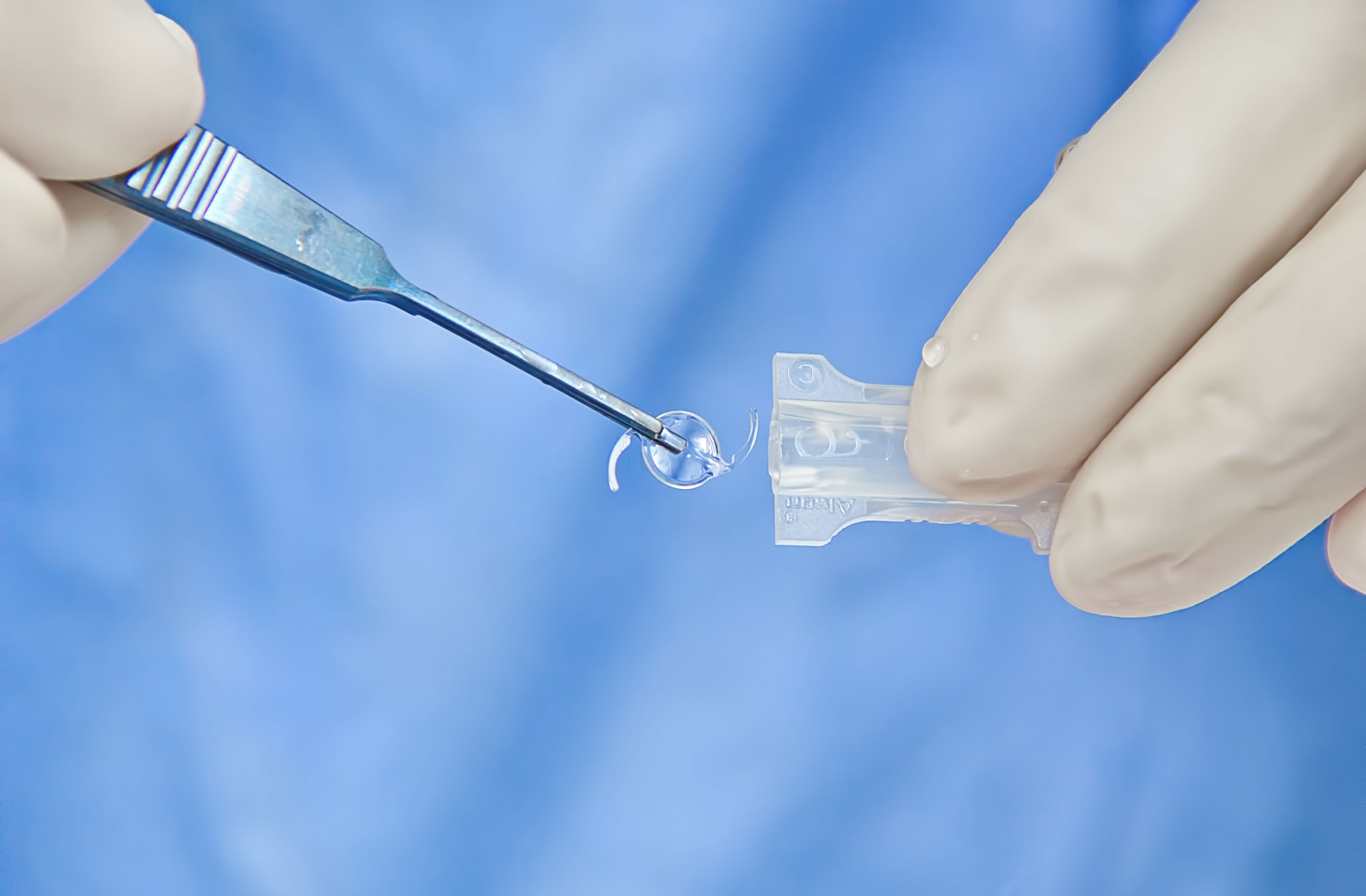If you or someone you know is living with cataracts, it’s likely that at some point, the decision of whether to undergo cataract surgery will come up. While this may seem like a straightforward choice, there are several considerations associated with undergoing this type of procedure.
This includes risks such as:
- Infection
- Bleeding
- Swelling of the retina
- Cloudy vision
- Retinal detachment
- Loss of vision
Understanding these risks can help make sure that those considering cataract surgery realize what they are getting into before making a final decision. We’ll explore the potential disadvantages of cataract surgery so you can make an informed decision about your treatment plan.
Understand the Risks Associated With Cataract Surgery
Cataract surgery is a common procedure, but like any surgery, it is not without risks. It’s understandable that you may have concerns regarding this surgery. It’s important to know that while cataract surgery is generally safe, there are potential risks that need to be considered.
However, it’s essential to remember that the benefits of cataract surgery far outweigh the risks. Improved vision can enhance the quality of life for individuals and allow them to complete daily activities with ease. Your healthcare provider will work with you to understand your specific situation, help you weigh the risks and benefits, and make sure that you receive the care you need.
Learn About Possible Side Effects of Cataract Surgery
Going through any surgical procedure can be intimidating and overwhelming, especially when it comes to a delicate part of the body like the eyes. That’s why it’s important to know the possible side effects of cataract surgery, so that you can make an informed decision and manage your expectations accordingly.
While many people experience little to no complications after surgery, it can be common to experience:
- Some temporary discomfort
- Itchiness
- See floaters
- Pain
- Double vision
- Blurry vision
- Changes in eye pressure
- Secondary cataracts
- Redness in the eye
- Infections
- Vision loss
Your doctor will be there to guide you every step of the way and answer any questions you may have. Remember, it’s always better to be informed and prepared so that you can take the necessary steps towards healing and recovery.
Discover How to Manage Complications after Cataract Surgery
Cataract surgery is a liberating experience that allows patients to regain clear vision and improve their quality of life. One study showed that of 221,000 cataract surgery patients, 99.5% had no serious complications. However, as with any surgical procedure, issues can arise. If you or a loved one is struggling with complications after cataract surgery, know that you are not alone.
While it may be challenging to navigate these obstacles, there are effective ways to manage them. At the forefront of handling complications is identifying the issue early and seeking expert assistance from your ophthalmologist.
With a proactive approach and a willingness to communicate openly with your healthcare provider, you can overcome any obstacles and enjoy the benefits of clear sight. Remember, the road to recovery doesn’t need to be navigated alone.
Identify Alternatives to Cataract Surgery
The most common forms of cataract surgery involve diallating the pupil, numbing the eye, and making a small incision to remove the cataract and replace it with a clear artificial lens.
If you’re suffering from cataracts, it can be a scary and overwhelming experience. The idea of undergoing surgery can also be intimidating. But did you know that there are alternatives to traditional cataract surgery?
Medications
One such option is the use of prescription medications that can help slow the progression of cataracts. These include anti-cataract medications that are currently being investigated such as sorbitol-lowering agents.
As well as, aspirin, antioxidant vitamins C and E, glutathione-raising agents However, none of these methods have replaced the benefits of cataract surgery.
Scientists are also looking into Lanosterol which is a key component in keeping the eye lens clear. Preclinical studies have indicated that lanosterol may offer a possible method of reversing and preventing cataracts.
In some studies, lanosterol cleared the vision in dogs after just six weeks of treatment. lanosterol may restore the clarity of the lens by dissolving the protein aggregates and other dense proteins that cloud lenses. However, this medication has not been as successful in human trials. Only time will tell if this medication will significantly help those with cataracts.
Custom Glasses or Contacts
Another alternative is the use of specialized glasses or contact lenses that can help improve your vision. Cataract symptoms may be improved with new eyeglasses. These may be anti-glare sunglasses, or magnifying lenses. Also, certain tints and coatings also can be added to lenses to reduce symptoms.
Laser Surgery
And for those who cannot undergo conventional surgery, there are non-invasive procedures that use lasers or ultrasounds to break apart the clouded lens.
Laser cataract surgery involves removing a clouded lens with a laser, which breaks up the lens. Then the lens gets replaced with an lens customized to your eyesight resulting in clear vision.
Overall, this method results in better healing and fewer complications than traditional cataract surgery, which uses a scalpel.
Rest assured, there are options available to help improve your vision and alleviate the discomfort of cataracts. Your eye doctor can help guide you in finding the right alternative for you.

Know When to Seek Help from Medical Professionals
If you are one of the millions of people living with cataracts, you know how frustrating and impairing this condition can be. You may be struggling to see objects clearly or experiencing a loss of color perception. While there are things you can do to manage your cataracts at home, such as wearing sunglasses or using brighter lights, there comes a time when you need to seek help from a medical professional.
Don’t hesitate to schedule an appointment with an ophthalmologist if you are experiencing severe vision loss, halos around lights, or difficulty conducting everyday activities. Remember, seeking medical help for your cataracts doesn’t have to be scary. In fact, it may be the first step to improving your vision and overall quality of life.
Receive Tips & Advice on How to Take Care of Your Eyes Post-surgery
Congratulations on successfully undergoing cataract surgery! We understand that the postoperative period can be a little intimidating, especially with the numerous instructions and restrictions on what to do and not to do. Your eyes are valuable assets, and you must take proper care of them after surgery.
Your team of professionals will provide you with tips and advice on how to take care of your eyes post-operation. We recommend:
- Avoiding strenuous activities
- No heavy lifting
- Do not bend over
- Get enough rest
- Avoiding rubbing your eyes
- Do not shower for at least a week following the procedure
We understand that this may seem overwhelming, but remember that taking care of your eyes post-operation is crucial for a smooth and speedy recovery.
Our Services for Cataracts
If you believe you may have cataracts, or have went through the procedure and are having issues contact Calgary Optometrist Centre today. We are here for you every step of the way. Book an appointment now!




